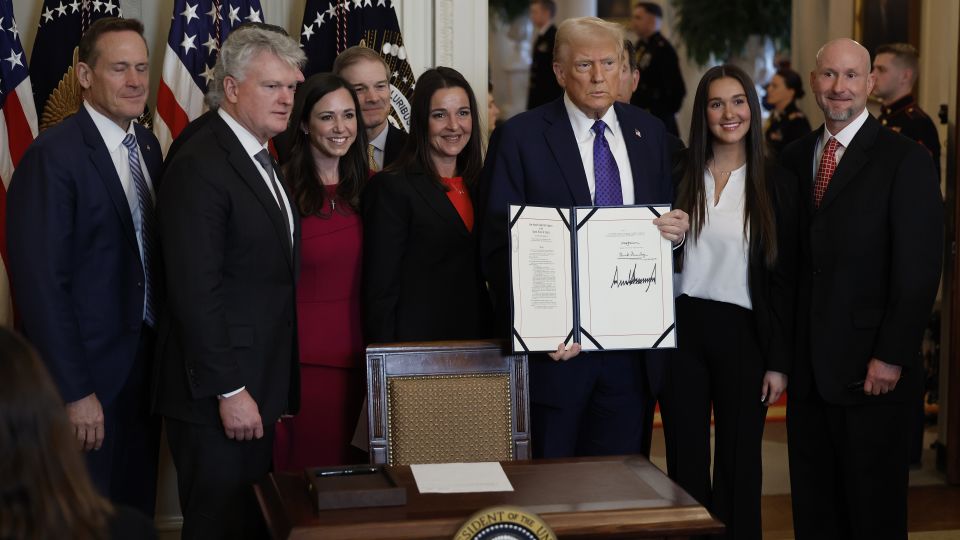Blog
Related Articles

Inmigration laws
Will Your Child Be Born in the U.S. in 2025? Citizenship, Residency, and Legal Changes Under the Trump Administration
Having a child is always a moment filled with hope and emotion. However, for immigrants in the Unite...
 María Mendoza
María Mendoza
Published: July 4, 2025

Inmigration laws
Did ICE show up at your home, job, or stop you while driving? Here’s what you can do
Imagine you're at home with your kids, working peacefully, or driving through town, and suddenly, an...
 María Mendoza
María Mendoza
Published: August 15, 2025

Inmigration laws
Does having a child in the United States grant me residency in 2024?
Hola mi gente, this is attorney María Mendoza writing to you once again. Today, we will addre...
 María Mendoza
María Mendoza
Published: September 5, 2024

Inmigration laws
Donald Trump Signs the Laken Riley Law: How Could It Affect Undocumented People?
I am Attorney María Mendoza, and today I want to talk to you about the recent approval of the...
 María Mendoza
María Mendoza
Published: January 30, 2025

Inmigration laws
5 Immigration Myths in 2025
In 2025, the immigrant community is facing not only stricter immigration policies but also a wave of...
 María Mendoza
María Mendoza
Published: August 22, 2025